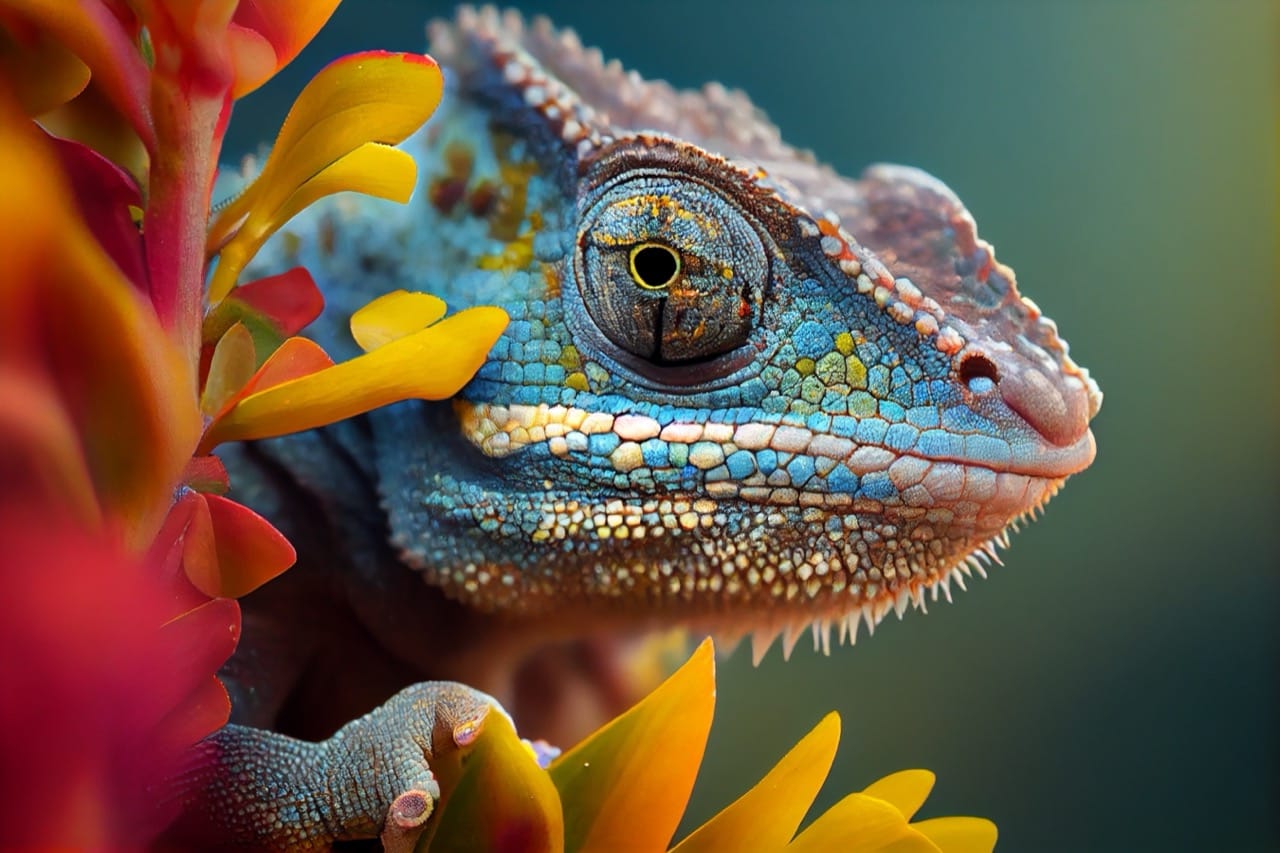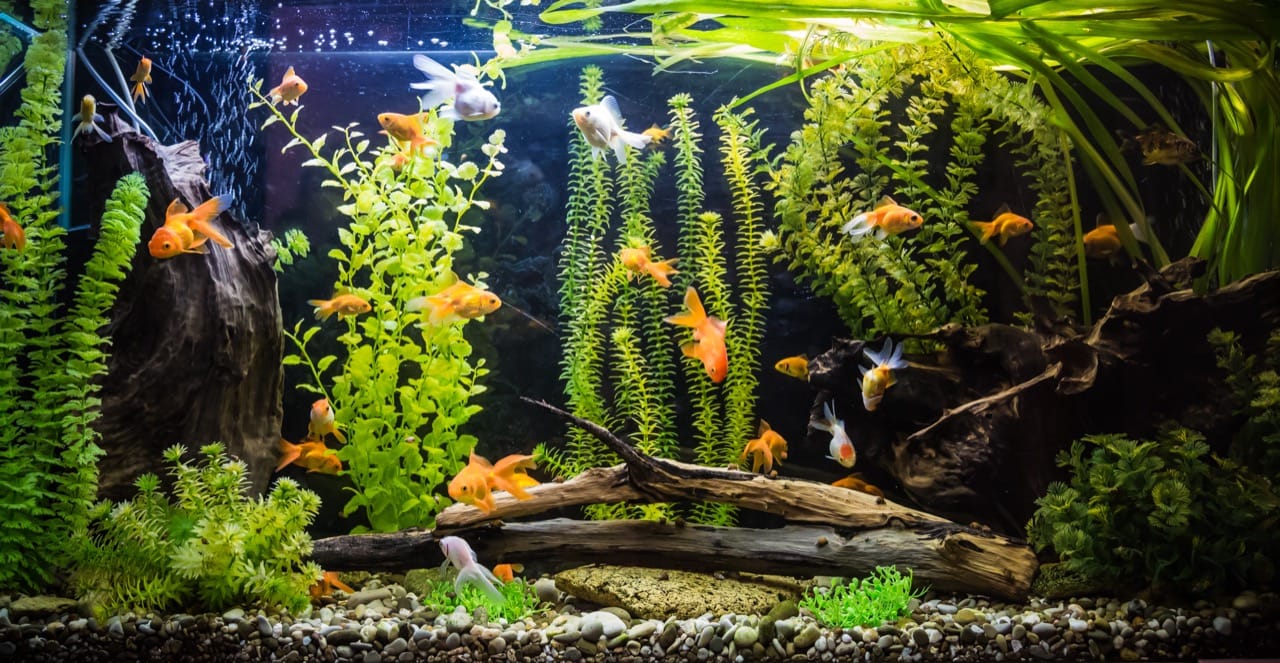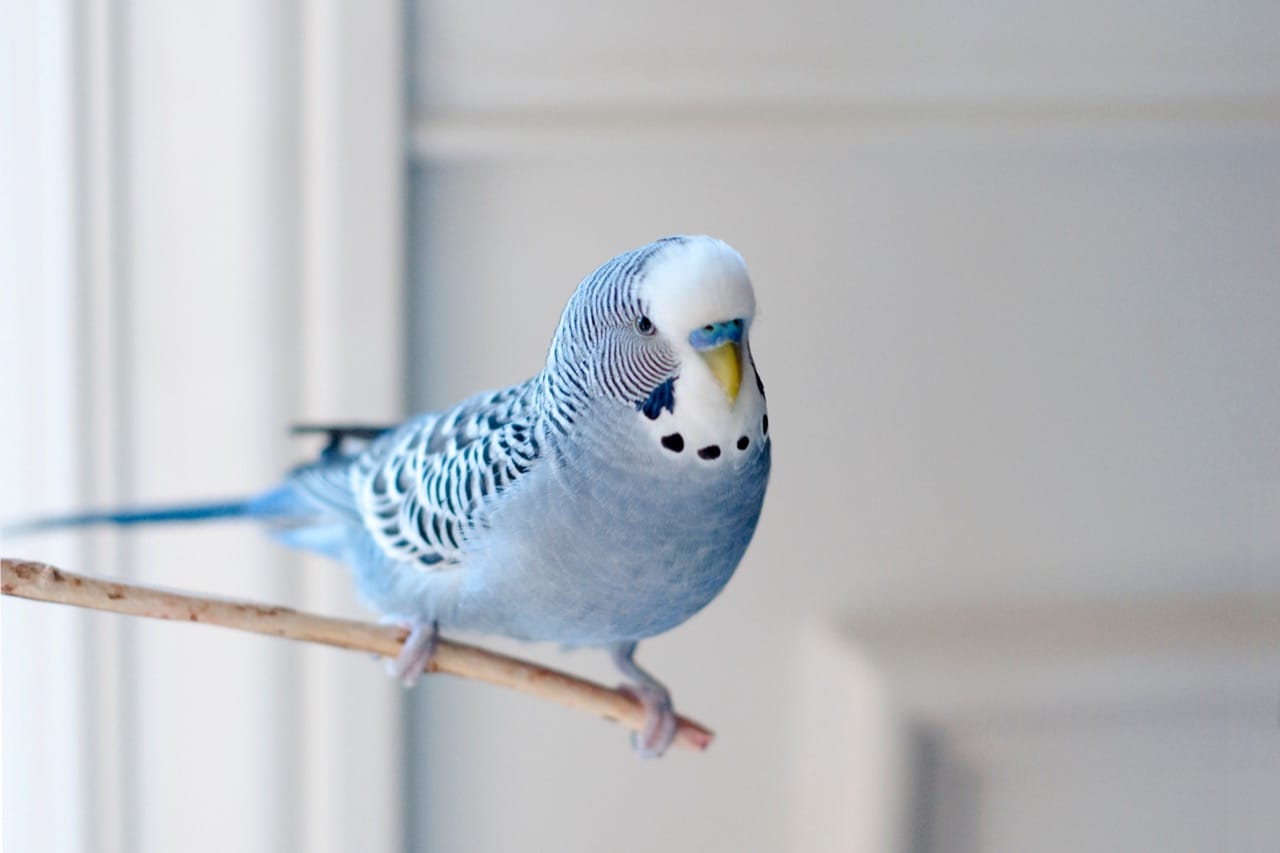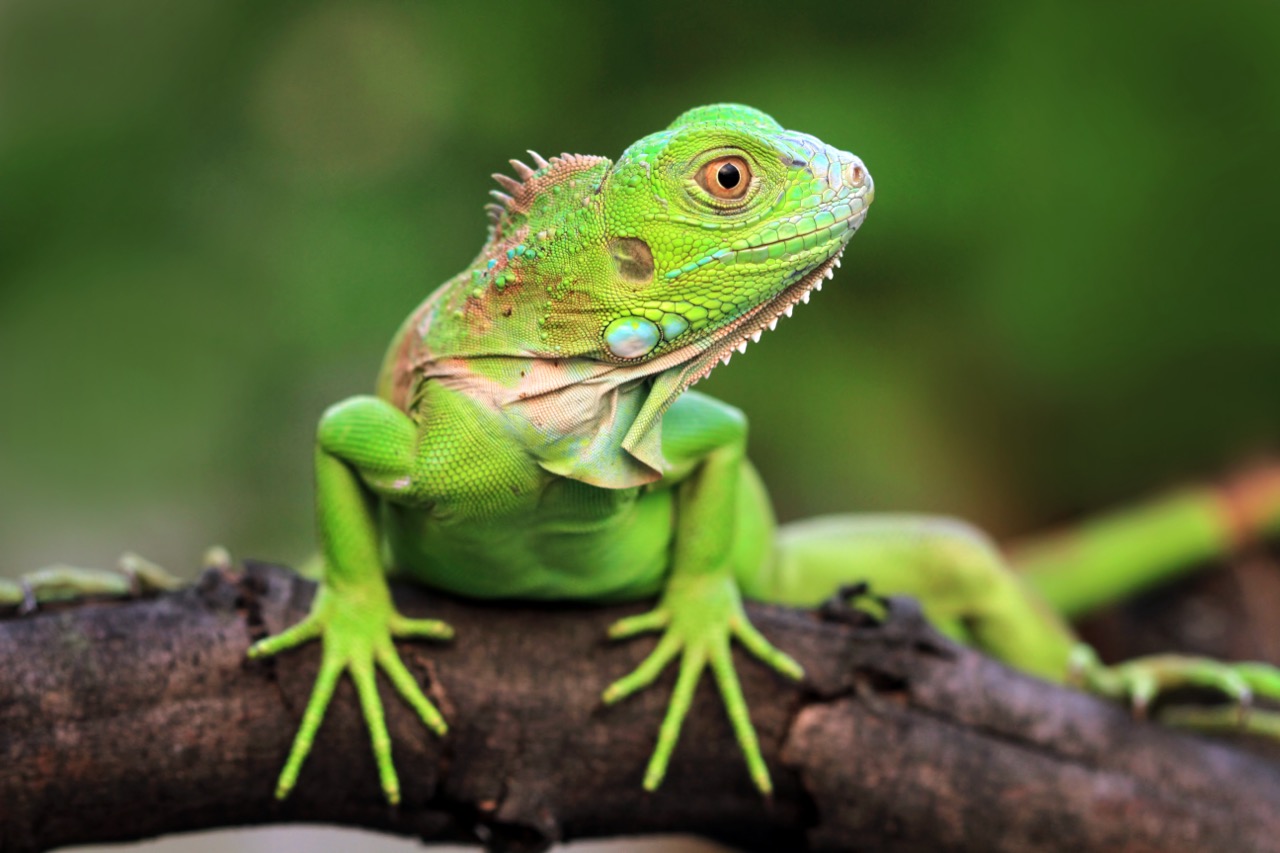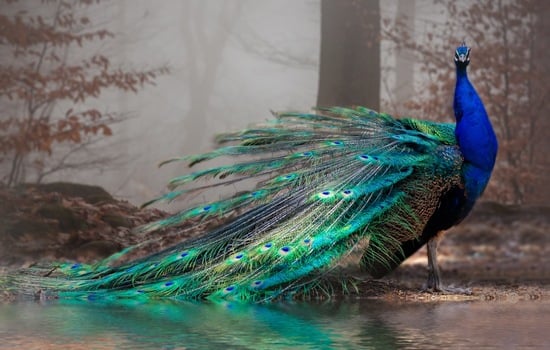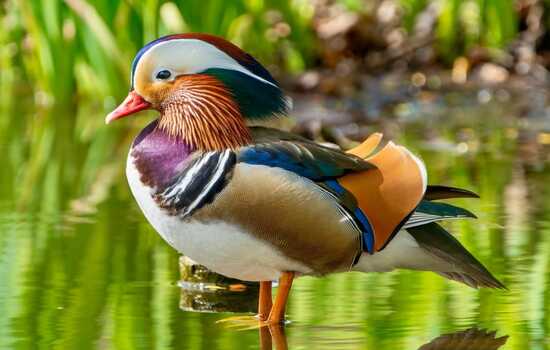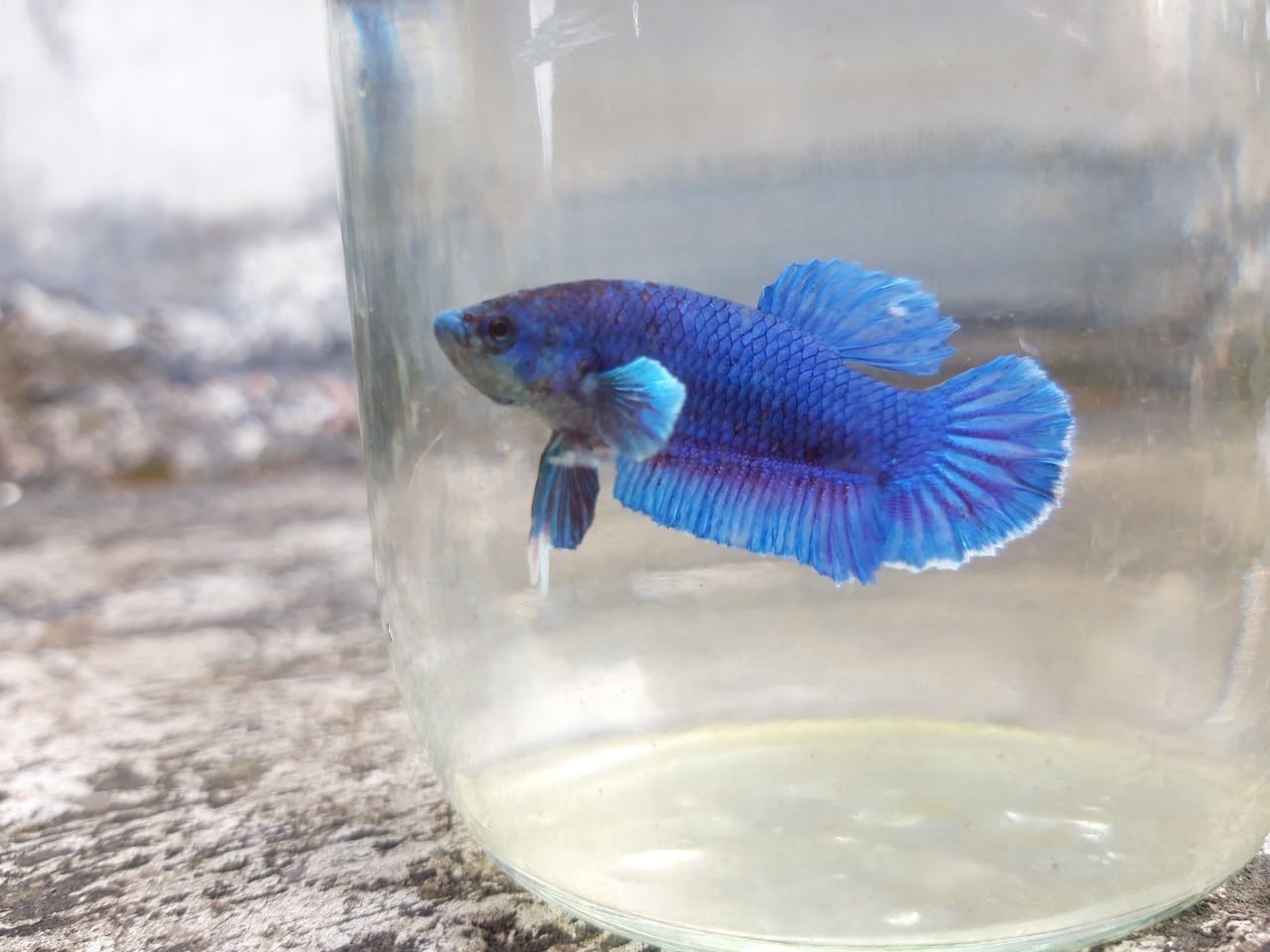
The Ultimate Betta Fish Care Guide: Brightening Your Aquarium
Step into the vibrant world of the Betta fish, known for their flamboyant colors and dynamic personalities. These small but spirited creatures, also known as Siamese fighting fish, captivate aquarists with their elegance and territorial displays. From their flowing fins to their unique behaviors, Betta fish are undeniably intriguing pets. Did you know that Betta fish can breathe air outside of the water thanks to a unique organ called the labyrinth? This adaptation allows them to live in low-oxygen environments, making them resilient and fascinating aquarium additions.
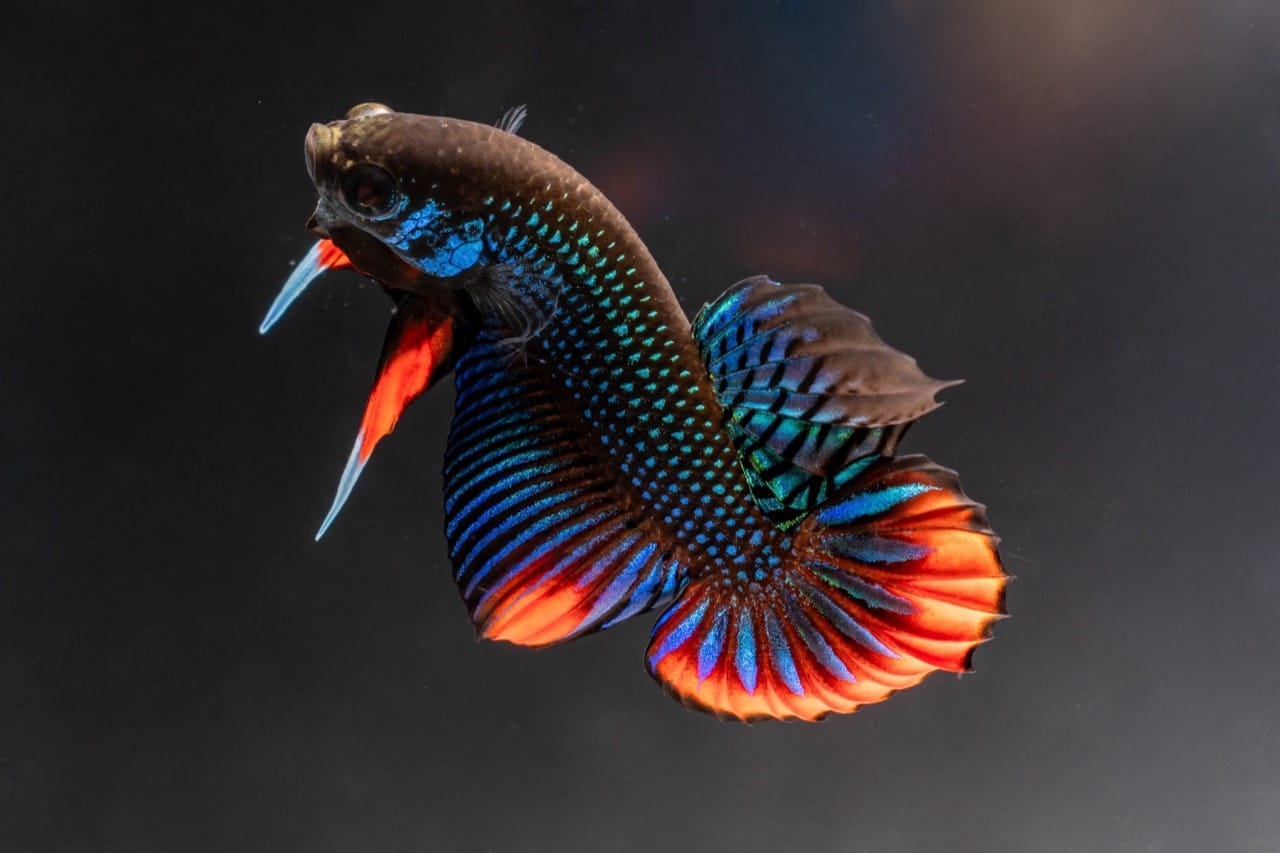
Crafting the Perfect Habitat
Betta fish thrive in an environment that mimics their natural habitat, which means warm, slightly acidic, and clean water. A common misconception is that Bettas can live happily in tiny bowls; however, for the best health and quality of life, they require at least a 5-gallon tank. This space allows them to swim freely and supports the addition of essential equipment such as filters and heaters.
The temperature of the water should be consistently kept between 76-81°F (24-27°C). Using a submersible aquarium heater with a thermostat will maintain the optimal temperature range. Bettas prefer a pH level between 6.5 and 7.5, which can be monitored with a pH testing kit. The tank should include a gentle filtration system to keep the water clean without creating strong currents, as Betta fish are not strong swimmers.
Home Decor for Your Betta
Decorating your Betta's tank is not only about aesthetics but also about creating a stimulating environment for your fish to explore and feel secure. Silk or live plants are preferred over plastic ones, which can be rough and damage the Betta's delicate fins. Consider plants like Java fern or Anubias, which do not require substrate and can be attached to decorations.
Provide hiding spots with caves or decorations that allow your Betta to retreat when stressed. However, ensure all ornaments are smooth and free of sharp edges to prevent injury. Substrate should be smooth, fine gravel or sand that won’t trap food and waste, helping to keep the tank clean.
Feeding Your Finned Friend
Betta fish are primarily carnivorous and require a diet rich in protein. High-quality Betta pellets should form the core of their diet, supplemented with frozen or live foods such as bloodworms, brine shrimp, or daphnia for variety. Feed your Betta once or twice a day, giving only as much food as they can consume in two minutes to avoid overfeeding.
Overfeeding can lead to health issues like bloating and water quality problems due to uneaten food decomposing. If you notice food particles accumulating at the bottom of the tank, consider using a gravel vacuum to clean it out during your regular water changes.
Interaction and Mental Engagement
While Bettas do not require play in the traditional pet sense, they do engage with their environment and can recognize their caregivers. You can interact with your Betta by gently guiding them through their habitat using a clean finger or a food stick, encouraging them to follow movements outside the glass. Some Betta fish may even perform small jumps for food, which should be done sparingly to prevent accidental exposure to air.
To keep your Betta stimulated, occasionally rearrange the tank’s layout. This mimics the changing environment of their natural habitat and prevents boredom. Watching your Betta explore new configurations can be a delightful experience, highlighting their curious and explorative nature.
Keeping Your Betta Healthy and Safe
Regular maintenance is crucial to keeping your Betta healthy. Perform partial water changes weekly, replacing 25-30% of the tank volume with clean, dechlorinated water that matches the temperature and pH of the tank. Check the water’s ammonia, nitrite, and nitrate levels weekly with a water testing kit to avoid toxic buildup.
Bettas can be prone to stress, which lowers their immune response, making them susceptible to diseases like fin rot or fungal infections. Signs of a healthy Betta include clear eyes, vibrant colors, and active swimming. If your Betta shows signs of lethargy, clamped fins, or faded colors, consult a veterinarian who specializes in fish.
Forever Fascinating: The Life of Your Betta
Embracing the care of a Betta fish means committing to a pet that could grace your home with beauty and activity for up to three years, sometimes longer with exceptional care. Their individual personalities, preference for interaction, and striking appearance make Bettas a perennial favorite among novice and experienced fishkeepers alike. As you learn and grow with your Betta, you'll discover the joys and challenges of aquatic pet care, fostering a rewarding relationship that enhances both your lives. By understanding and catering to their needs, you ensure that your water-bound companion lives a full and vibrant life.

